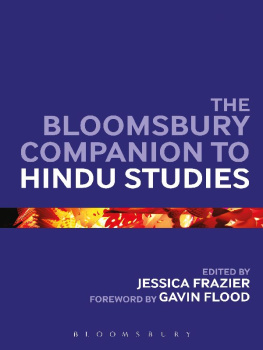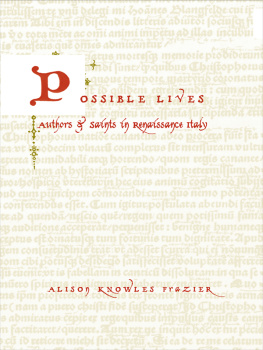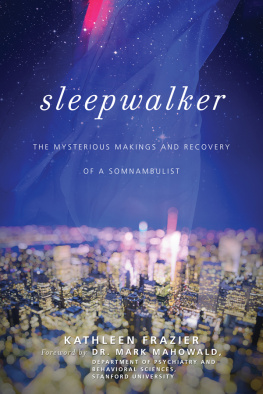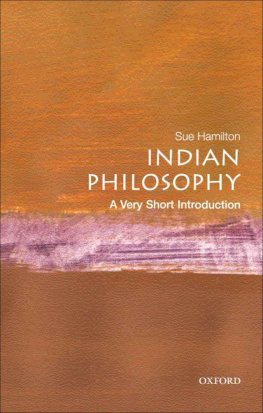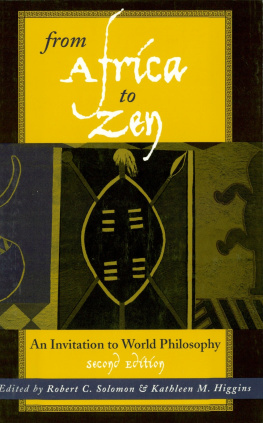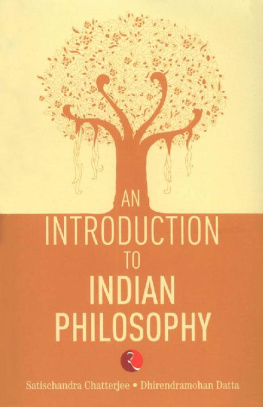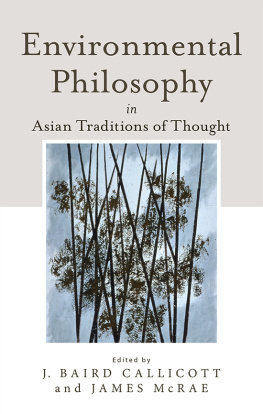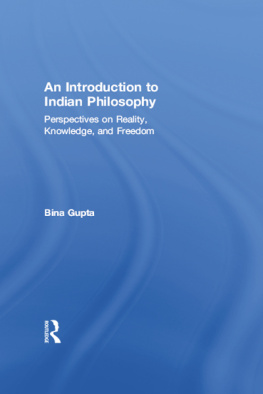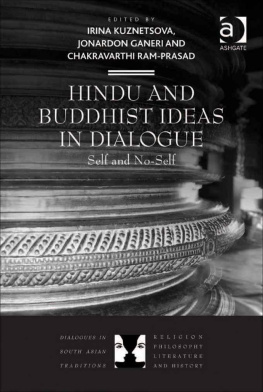CATEGORISATION IN INDIAN PHILOSOPHY
DIALOGUES IN SOUTH ASIAN TRADITIONS:
RELIGION, PHILOSOPHY, LITERATURE AND HISTORY
Series Editors
Laurie Patton, Duke University, USA
Brian Black, Lancaster University, UK
Face-to-face conversation and dialogue are defining features of South Asian traditional texts, rituals and practices. Not only has the region of South Asia always consisted of a multiplicity of peoples and cultures in communication with each other, but also performed and written dialogues have been indelible features within the religions of South Asia; Hinduism, Buddhism, Jainism, Sikhism, and Islam are all multi-vocal religions. Their doctrines, practices, and institutions have never had only one voice of authority, and dialogue has been a shared tactic for negotiating contesting interpretations within each tradition.
This series examines the use of the dialogical genre in South Asian religious and cultural traditions. Historical inquiries into the plurality of religious identity in South Asia, particularly when constructed by the dialogical genre, are crucial in an age when, as Amartya Sen has recently observed, singular identities seem to hold more destructive sway than multiple ones. This series will approach dialogue in its widest sense, including discussion, debate, argument, conversation, communication, confrontation, and negotiation. It will aim to open up a dynamic historical and literary mode of analysis, which assumes the plural dimensions of religious identities and communities from the start. In this way the series aims to challenge many outdated assumptions and representations of South Asian religions.
Categorisation in
Indian Philosophy
Thinking Inside the Box
Edited by
JESSICA FRAZIER
Oxford Centre for Hindu Studies, UK and University of Kent, UK
ASHGATE
Jessica Frazier and the contributors 2014
All rights reserved. No part of this publication may be reproduced, stored in a retrieval system or transmitted in any form or by any means, electronic, mechanical, photocopying, recording or otherwise without the prior permission of the publisher.
Jessica Frazier has asserted her right under the Copyright, Designs and Patents Act, 1988, to be identified as the editor of this work.
Published by
Ashgate Publishing Limited
Wey Court East
Union Road
Farnham
Surrey, GU9 7PT
England
Ashgate Publishing Company
110 Cherry Street
Suite 3-1
Burlington, VT 05401-3818
USA
www.ashgate.com
British Library Cataloguing in Publication Data
A catalogue record for this book is available from the British Library
The Library of Congress has cataloged the printed edition as follows:
Categorisation in Indian philosophy : thinking inside the box / edited by Jessica Frazier.
pages cm. (Dialogues in South Asian traditions: religion, philosophy, literature, and history)
Includes bibliographical references and index.
ISBN 978-1-4094-4690-3 (hardcover) ISBN 978-1-4094-4691-0 (ebook) ISBN 978-1-4094-7455-5 (epub) 1. Indian philosophy. 2. Categories (Philosophy) I. Frazier, Jessica, 1975- editor of compilation.
B5131.C38 2014
181'.4dc23
2013051042
ISBN 9781409446903 (hbk)
ISBN 9781409446910 (ebk-PDF)
ISBN 9781409474555 (ebk-ePUB)
Contents
by Gavin Flood
Jessica Frazier
Eivind Kahrs
Stephen Phillips
Mikel Burley
Jessica Frazier
Shashiprabha Kumar
Jonardon Ganeri
Jan Westerhoff
W.J. Johnson
Johannes Bronkhorst
Jessica Frazier
List of Figures
Contributors
Johannes Bronkhorst is Emeritus Professor at the University of Lausanne.
Mikel Burley is Lecturer in Religion and Philosophy at the University of Leeds.
Gavin Flood is Professor of Hindu Studies and Comparative Religion at the University of Oxford, and Academic Director of the Oxford Centre for Hindu Studies.
Jessica Frazier is Lecturer in Religious Studies at the University of Kent, and Research Fellow of the Oxford Centre for Religious Studies.
Jonardon Ganeri is Professor of Philosophy at the University of Sussex, Brighton, Adjunct Professor of Philosophy at Monash University, Melbourne and Visiting Professor at Kyunghee University, Seoul.
W.J. Johnson is Reader in Indian Religions at Cardiff University.
Eivind Kahrs is Reader in Sanskrit at the University of Cambridge and a Fellow of Queens College.
Shashiprabha Kumar is Professor and Chairperson of the Special Centre for Sanskrit Studies at Jawaharlal Nehru University, New Delhi.
Stephen Phillips is Professor of Philosophy and Asian Studies at the University of Texas at Austin.
Jan Westerhoff is Lecturer in Religious Ethics and Fellow and Tutor at Lady Margaret Hall, University of Oxford.
Foreword:
Remarks on the
Philosophical Use of Categories
Gavin Flood
The idea of categorisation is fundamental to rationality, the ways we think, and what we understand to be true about the world. In his essay, The Analytical Language of John Wilkins, Jorge Luis Borges first gives his list of an ancient Chinese animal classification, made famous by Foucault (1970, xv) and often cited. In this essay Borges begins by discussing the minor 17th-century philosopher John Wilkins and a supposed book that he wrote in 1668, An Essay Towards a Real Character and a Philosophical Language. Borges tells us that there are no copies of this book in the Argentinian National Library and, I might add, there are no copies in the Bodleian Library in Oxford. Borges explains Wilkins classification of the universe into forty categories or classes which are further subdivided. The ambiguity of this classification reminds Borges of the Sinologist Franz Kuhn (who did actually exist), who attributed a particular way of classifying animals to a certain Chinese Encyclopedia entitled Celestial Emporium of Benevolent Knowledge. Borges writes:
On those remote pages it is written that animals are divided into (a) those that belong to the Emperor, (b) embalmed ones, (c) those that are trained, (d) sucking pigs, (e) mermaids, (f) fabulous ones, (g) stray dogs, (h) those that are included in this classification, (i) those that tremble as if they were mad, (j) innumerable ones, (k) those drawn with a very fine camels hair brush, (l) others, (m) those that have just broken a flower vase, (n) those that resemble flies from a distance (Borges 1966, 108).
George Lakoff also cites this passage in Women, Fire and Dangerous Things observing that Borges fantastic categorisation, while it might remind western readers of descriptions from non-western languages and cultures, could never be a real human classification. For example, Lakoff cites the example of an Australian language, Dyirbal, which associates within a single group women, bandicoots, dogs, the platypus, echidna, some snakes, some fish, most birds, water and fire, among others. But while there may be a surface similarity between the Dyirbal classification and that of Borges, it must remain just that because, as Lakoff shows us, developing Dixons work on Dyirbal, there is a rationale underlying the Dyribal classification. That is, there are principles of cognition that order systems of classification in way that, despite a surface similarity, makes the Dyirbal classification rational and the Borges classification mere fiction. Specifically the Dyirbal have four basic categories, namely Bayi or human males; Bakan, human females, Balam, vegetarian food, and Bala, everything else not in the other categories (Lakoff 1990, 93). There is a rationale behind the apparent randomness of the classification.
Next page

